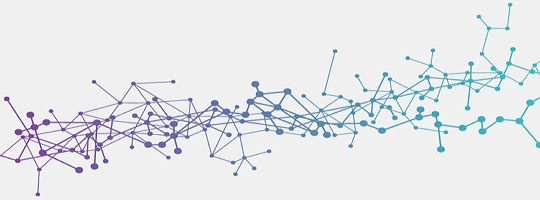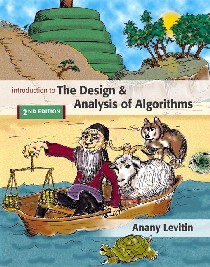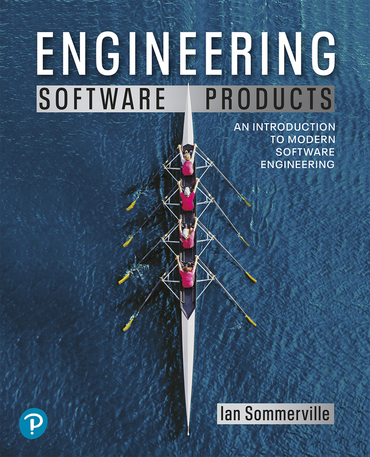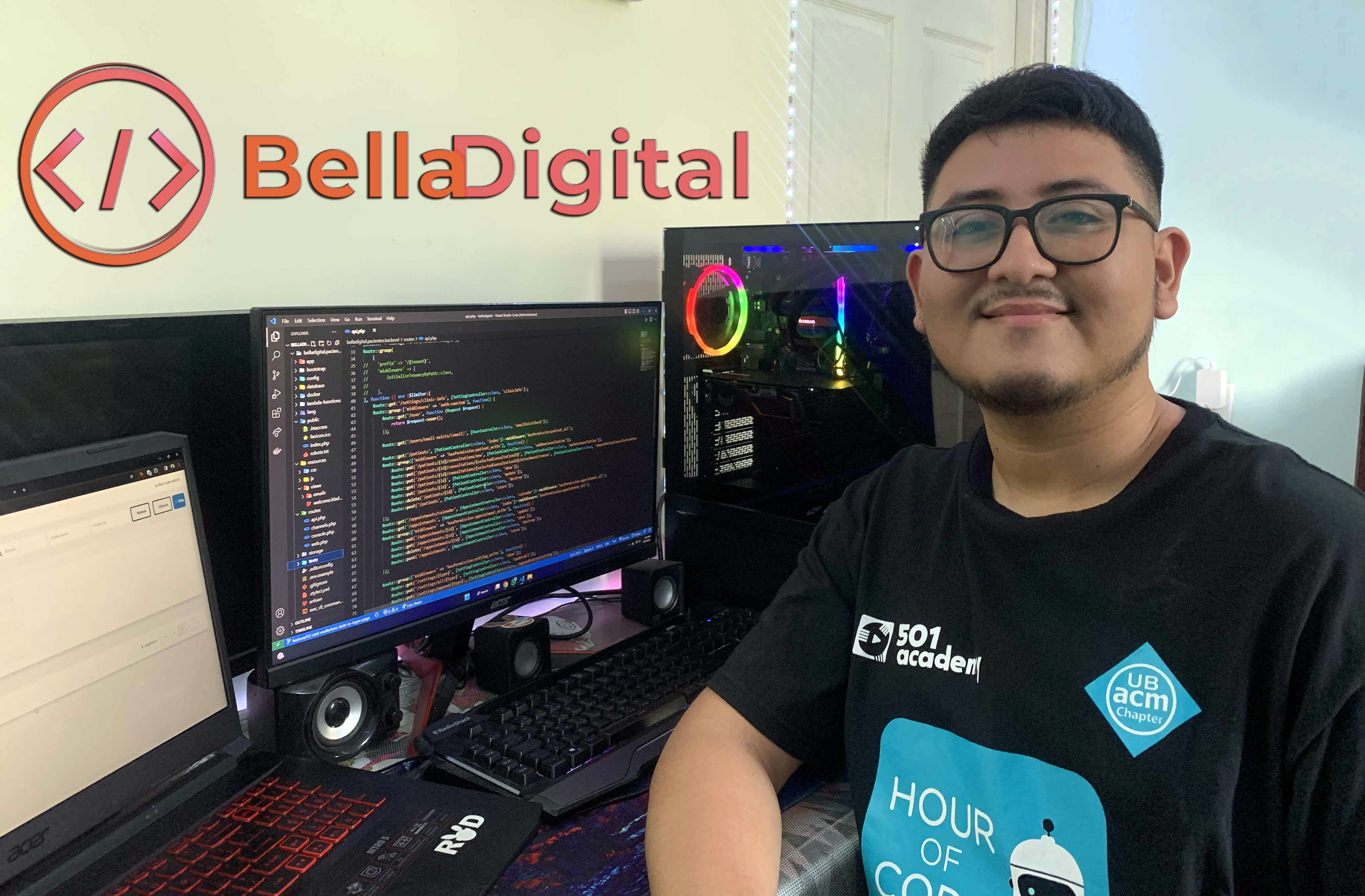
This course is a continuation of CMPS2151 and is intended to equip candidates with all the necessary tools and techniques of Web development with extensive practice in coding of functional Web applications. It focuses on existing and emerging web development technologies. Topics include specialized web markup languages, server-side backend databases, server-side programming, and web applications.


This course is designed to teach techniques for the design and analysis of efficient computer algorithms through theoretical backgrounds and examples of advanced methods and data structures. Topics include asymptotic growth analysis of functions, average and worst case analysis, sorting and selection problems, advanced search trees, graph theory and related algorithms, divide and conquer and greedy programming paradigms, hashing, complexity classes of P, NP and NP-complete.
Prerequisites:
CMPS2232 – Object Oriented Programming
MATH3151 – Linear Algebra
- Teacher: David Garcia


- Teacher: Manuel A. Medina Jr.
This course is a continuation of CMPS2151 and is intended to equip candidates with all the necessary tools and techniques of Web development with extensive practice in coding of functional Web applications. It focuses on existing and emerging web development technologies. Topics include specialized web markup languages, server-side backend databases, server-side programming, and web applications.


The course is designed for students to engage in work that is immediately useful to a local establishment, Students provide service to the establishment by filling a need for computer expertise.
Pre-requisites:
SENIOR STANDING
- Teacher: Manuel A. Medina Jr.

